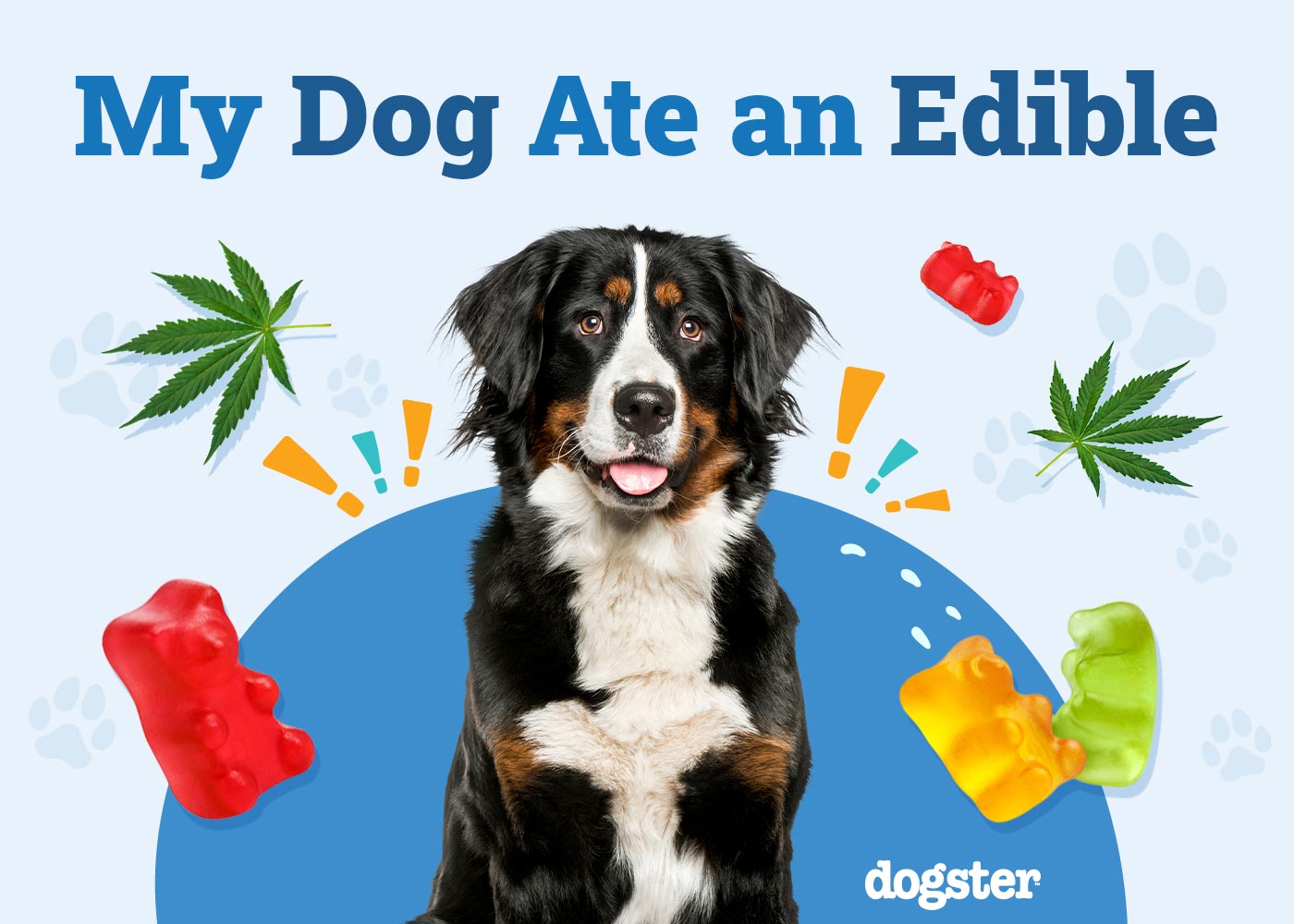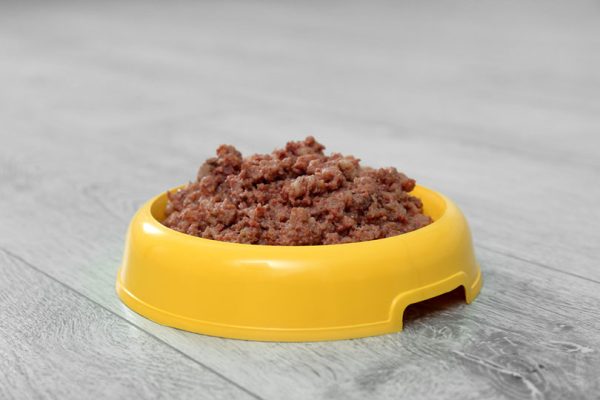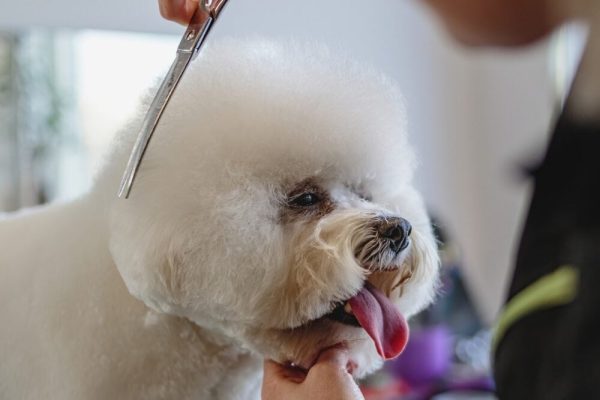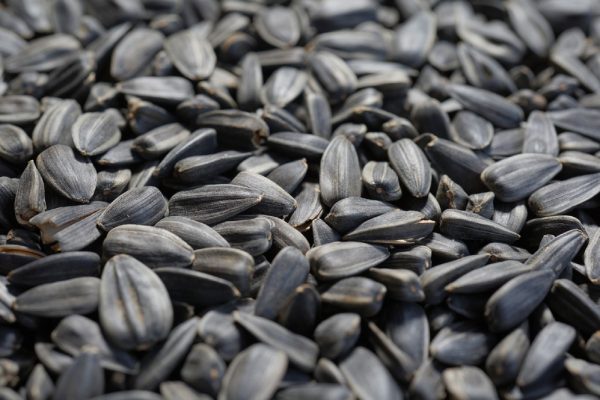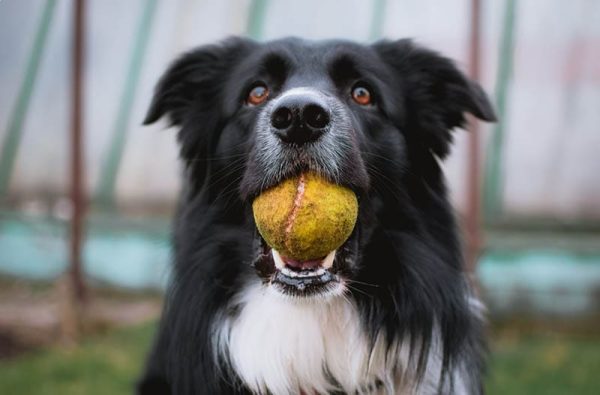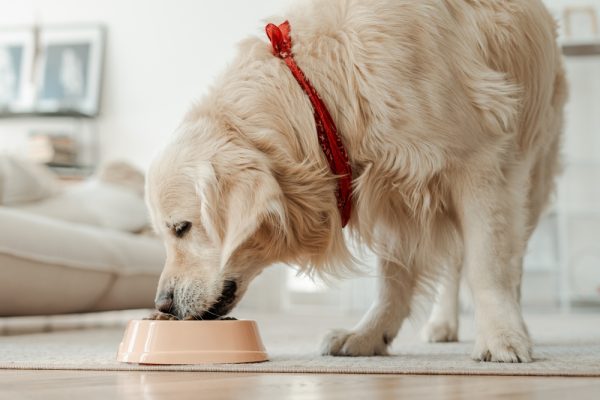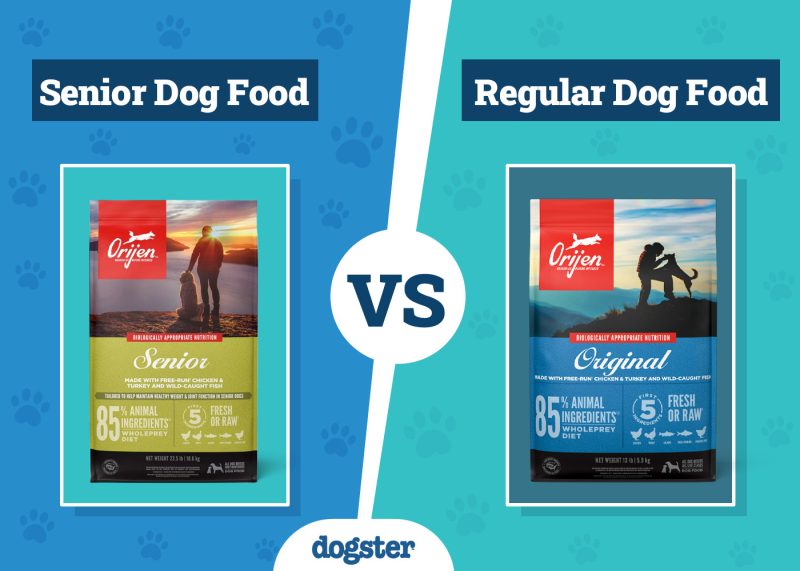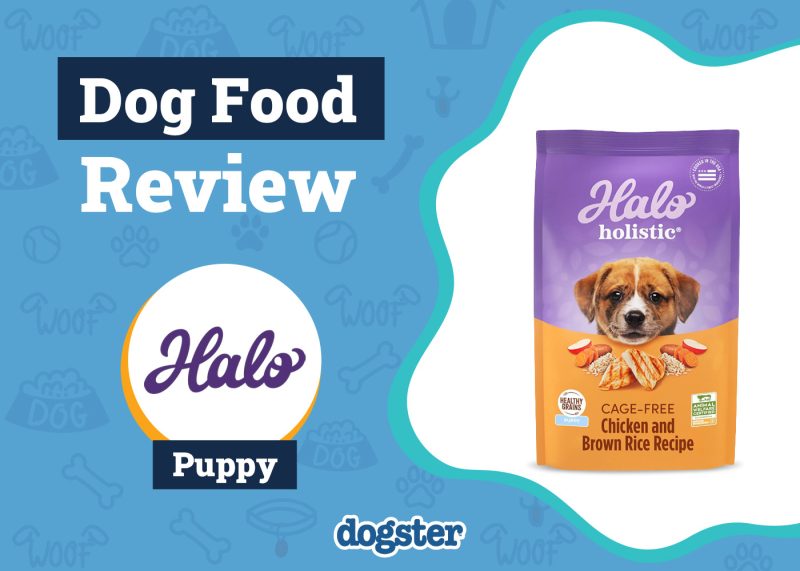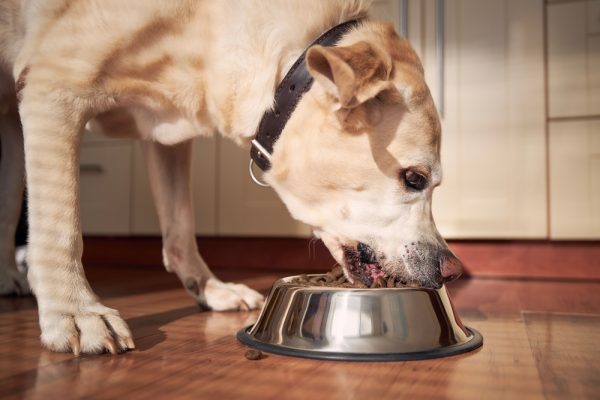In this article
View 3 More +With the number of states allowing for marijuana legalization increasing, veterinarians have seen an increase in marijuana toxicity in pets. Because people are now using these products in many different forms, our pets, especially dogs, are becoming more and more curious as to what it is. One of the more common types of pet marijuana exposure is edibles. We already know that our beloved dogs love to get into human food, especially when they know it’s forbidden.

When to Seek Vet Advice
If your dog ate an edible, it may not be an immediate emergency. If your dog only ate a small amount, is otherwise healthy, and has mild signs, they will likely be OK with close monitoring at home. However, if your dog is small, has underlying health problems, or ingested any products made with oils, chocolate, or xylitol, then they should be seen by a veterinarian for care.
If you need to speak with a vet but can't get to one, head over to PangoVet. It's our online service where you can talk to a vet online and get the advice you need for your pet — all at an affordable price!

Signs of Toxicity
Classic signs of marijuana ingestion can be very similar to people. Your dog may seem very lethargic, often described as being “out of it”, and swaying when they sit and/or lie down. When your dog walks, you may notice them stumbling, scuffing their feet, or appearing as if they are drunk. Dogs will also tend to leak urine and/or urinate on themselves after ingesting marijuana. Another classic sign is hyperesthesia. In other words, your dog will be overly reactive to stimuli, especially light and sound.
Some pets can experience and develop severe marijuana toxicity. This is especially prevalent when dogs get into edibles and/or other products made with oils. This can include butters, oils, candies, or other baked goods. Signs of severe toxicity can include being non-responsive to comatose, severely decreased heart rate, and even seizures. While severe toxicity is rare, it can happen.

What to Do (and Not Do) When Your Dog Eats an Edible
Like most people, ingestion of a single or small edible may be fairly harmless. Your dog may be out of it for a few hours, be sleepy, stumbling, and essentially high. If they are otherwise healthy and the ingested dose is small, they will eventually be fine. However, if the edible contained any chocolate, especially dark or baker’s chocolate, a veterinary poison control center should be immediately contacted. This also goes for any edibles containing xylitol. Both xylitol and chocolate may cause more significant problems than the marijuana itself.
If your dog is medium to large, and is only showing signs of mild toxicity, then place them somewhere safe and monitor them for improvement. In other words, make sure they are not on a high bed or piece of furniture, and/or close to any stairs that they can fall down. Keep the lights and sound low so as to help prevent hyperesthesia. Pull up all food and water and do not force your dog to eat and/or drink anything! Your dog may be too sedate to chew and swallow properly and be at risk for choking if you force anything into their mouth.
If you witnessed your dog ingesting an edible, and you are in close proximity to an emergency veterinarian, then you can also consider bringing your dog in for vomiting. The veterinarians at the hospital can give an injectable medication that will cause your dog to vomit. This will hopefully bring up the ingested edible before any or all of it can be absorbed. Do not force your dog to vomit at home as administration of hydrogen peroxide can put your dog at risk for aspiration in addition to both esophagus and stomach ulcers.
If your dog ingested numerous edibles, any product with oils, and/or has signs of severe toxicity, you should seek immediate emergency medical care. Again, while rare, severe cases of toxicity require aggressive hospitalization and supportive measures for a successful outcome.
When to Become Concerned
If your dog is elderly, has underlying blood pressure, heart, and/or seizure issues, then you should seek medical assistance even if they only ate a small amount. Even a small amount of marijuana ingested can cause more pronounced abnormalities in dogs with co-morbidities.
As mentioned above, if your dog is completely unresponsive, has shallow breathing, has ingested a large amount of edibles or any product made with oils, chocolate, xylitol, or is actively seizing, then medical assistance should be sought immediately. Do not try to force anything into your dog to “absorb” the toxins, and/or force them to vomit. This could be severely detrimental and even fatal to your dog.
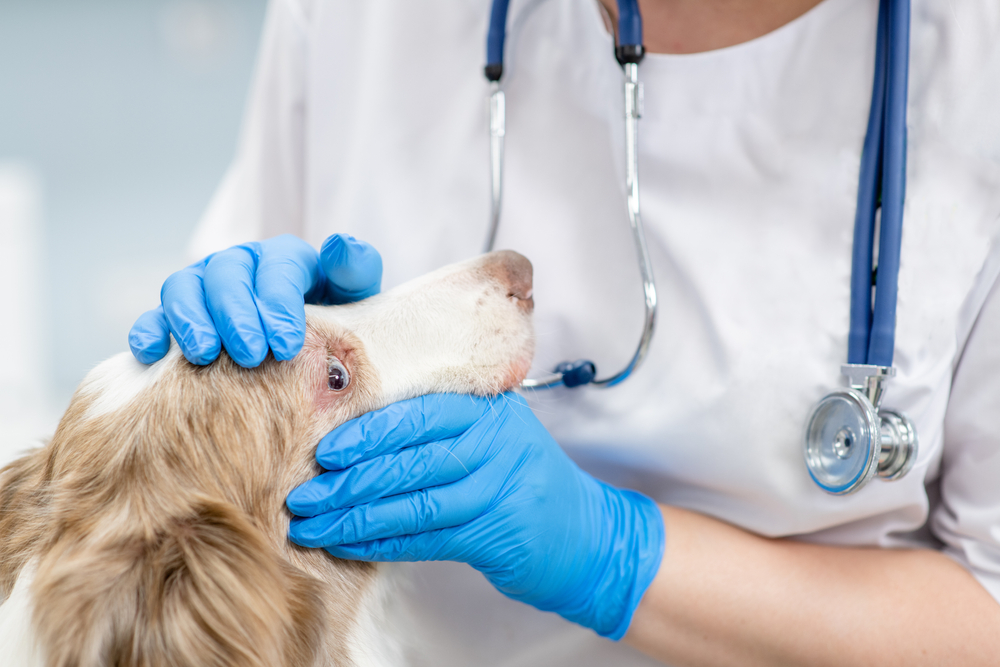
Can You Purposely Feed Marijuana to Your Dog?
With the legalization of these products for people in many states, there has been a significant increase in products marketed for our pets. Many people try to give their pets the same products as themselves, especially for things like anxiety, storm phobia, and noise phobia. Unfortunately, most of the products marketed for pets are not monitored. Therefore, the ingredients may not all be safe for our dogs. In addition, the levels of THC, CBD, and other ingredients may vary from treat to treat as the manufacturing process is not uniform. You may then notice that giving your dog these products has no effect one time, and a profound effect another time.
While the thought and intention behind these products is good, it may behoove you to wait until more researched, tested, and trusted products have been developed. You can also ask your veterinarian if there are specific companies and/or products they like. But as a whole, don’t believe all the marketing as most of the claims are unfounded.

Conclusion
If you want to be on the safe side, and you visualized your dog ingesting the edible, you can always take them to the closest emergency veterinarian and induce vomiting. Never do this at home as the risks can outweigh the benefits. If your dog ate an edible (or multiple), and is now non-responsive, has a severely decreased heart rate and/or is seizing, you need to seek immediate veterinary care for them.
Featured Image Credit: Bukhta Yurii, Shutterstock
